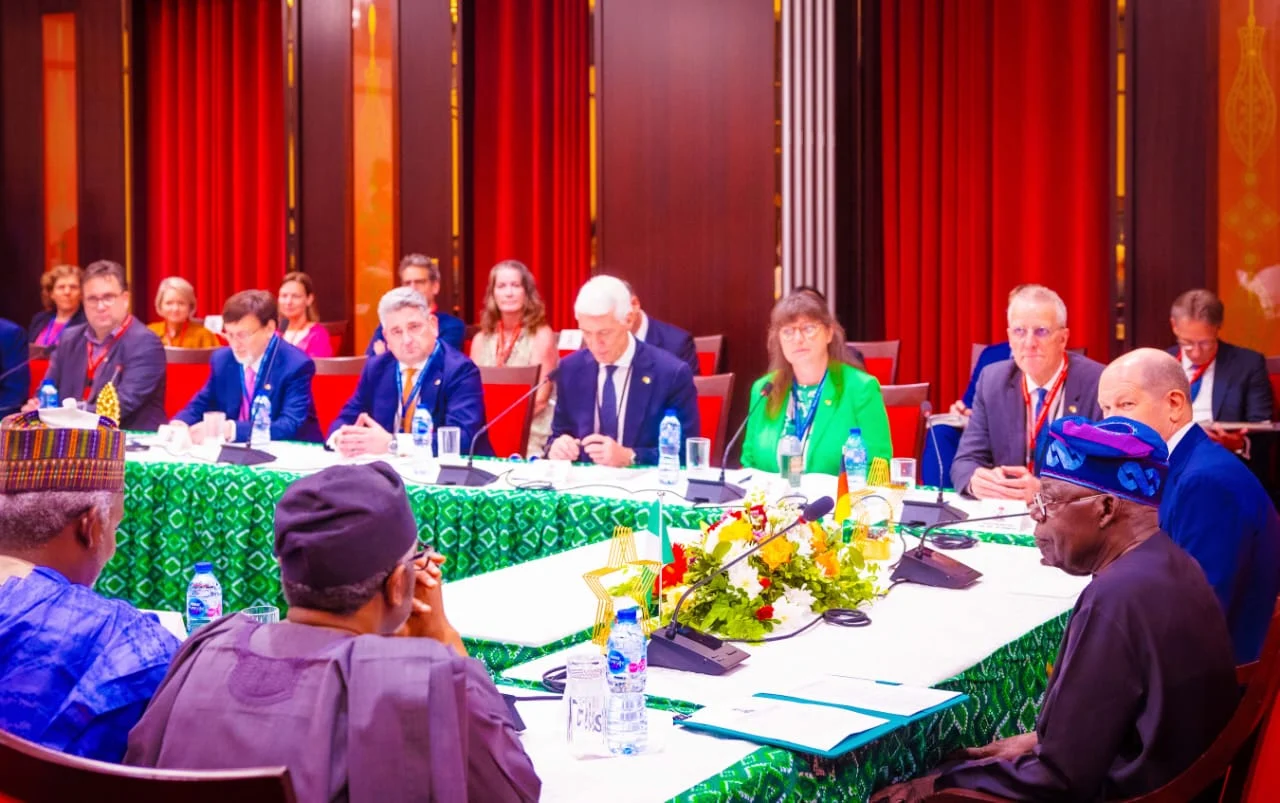FDI to Nigeria Plummets Amid Poor Governance and Uncoordinated Reforms

Despite frequent international trips by the President, ministers, and other government officials in search of foreign direct investment (FDI), Nigeria’s weak governance continues to undermine investor confidence. Persistent shortcomings in the rule of law, regulatory quality, government effectiveness, and accountability are proving that sustainable investment cannot be built on poor leadership.
Latest figures from the National Bureau of Statistics show that FDI collapsed by nearly 70% in Q1 2025, falling to just $126.29 million from $421.8 million in the preceding quarter. Of the total $5.64 billion in capital inflows during the period, FDI accounted for only 2.24%, down sharply from 8.2% in Q4 2024. Alarmingly, around 90% of these inflows were channelled into short-term, speculative money market instruments, offering negligible benefits for industrial growth or job creation.
The manufacturing sector was hit hard, with capital inflows dropping 32.1% year-on-year to $129.92 million in Q1 2025, down from $191.92 million in the same period of 2023. This decline reflects a deepening lack of trust in a government whose reforms appear reactive and disjointed.
While global FDI flows dipped in 2024, Africa bucked the trend, recording a 75% surge to $97 billion. Egypt led the continent with $46.58 billion, followed by Ethiopia ($3.98 billion), Côte d’Ivoire ($3.80 billion), and Mozambique ($3.55 billion). Nigeria, despite its size and resources, managed just $1.08 billion—about 1% of Africa’s total—representing a 42% drop from 2023.
The situation has worsened in 2025, with FDI plunging a further 75% between Q4 2024 and Q1 2025. These figures send a clear message: without effective leadership, strong governance, and coherent economic reforms, Nigeria will continue to fall behind its peers in attracting meaningful, long-term investment.


